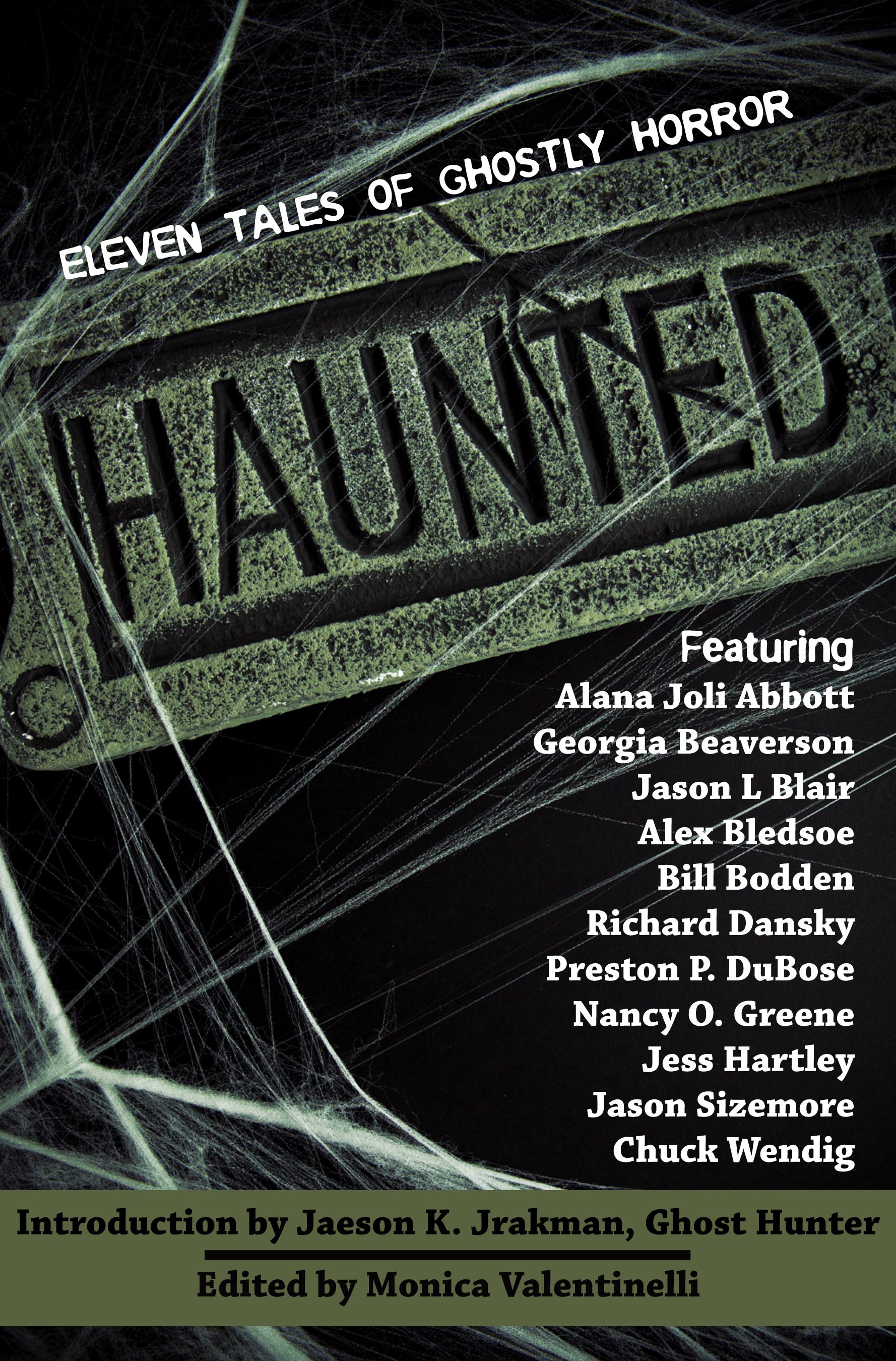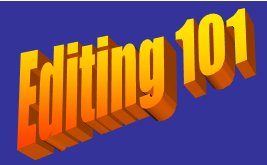Readers, I asked Jennifer Brozek to offer a guest blog today. Jennifer is an editor, writer and a game designer who has recently done some work through Apex Books and Morrigan Books. This post is about her perspective on editing a fiction anthology. I know that many of you are looking for places to submit your short stories, and anthologies can be a great opportunity for you. Be sure to read Jennifer’s bio if you’re interested in learning more about her, too. Without further ado, I’ll turn this post over now to my esteemed guest…
Monica was curious about how editing an anthology is different than editing a story, a novel or something like marketing copy for Amazon that pays-the-bills for us full-time authors. In essence, editing an anthology is the same as any other editing with one big difference: all of the short stories need to blend with each other to make the overall theme of the anthology flow into a cohesive storyline.
I would liken it to putting together a string of freshwater pearls. Each pearl must be a beauty on its own – just like each story in the anthology must be perfect on its own. The technical writing has to be excellent, the story itself must be interesting and each story must adhere to the theme, genre and word count of the anthology in question.
Once you have all of the pearls for the necklace, you need to string them together in such a way that, when hanging together, all of the pearls become a necklace that is more than the sum of their parts. Just like an anthology becomes more than just the sum of the individual stories. No one pearl can stand out in a way that interrupts the flow of the string. It cannot be too big, the wrong shape or the wrong color. Just like all of the stories must have a sense of an overall cohesion. Each story is telling a part of a bigger story. There is no room for rogues in an anthology.
This is what makes editing an anthology so difficult. All of the stories must play nice together. None of them can introduce a plot point that will throw off any of the other stories. In the GRANTS PASS anthology (Morrigan Books, August 2009), we had to be very strict on how the world was destroyed by nature and where specific bioterrorists plagues were released.
One story could not mention volcanic eruptions in the Hawaiian Islands while the stories set in California neglected to mention ash haze. Neither could one story state that an earthquake split the Americas in half while other stories described people traversing the Americas on foot. All of the stories were in the same shared universe. The details matter.
In other anthologies, like monster anthologies about vampires, werewolves or zombies, there needs to be a cohesive and consistent story background on how the monster is defined. Are they non-brain eating Voodoo zombies, slow moving Romero zombies or fast moving Synder zombies? An anthology editor must consider the overall project and what it is they want from the anthology as a whole.
That is why reading and understanding the submission guidelines for anthologies is so important. You may turn in a beautiful story that would have been perfect if everyone else had the same vision you did. But if your story does not fit well into a collection you will be rejected every time.
About Jennifer Brozek
Jennifer Brozek, the creator and co-editor of the Grants Pass anthology (Aug 2009, Morrigan Books), is a freelance author for many RPG companies including Margaret Weis Productions, Rogue Games and Catalyst Game Labs. Her contributions to RPG sourcebooks include Dragonlance, Castlemourn, Colonial Gothic, Shadowrun and Serenity. She has also co-authored three books including Dragonvarld Adventures with Margaret Weis. She is published in several anthologies, is the creator and editor of the semi-prozine, The Edge of Propinquity, and is a submissions editor for the Apex Book Company. When she is not writing her heart out, she is gallivanting around the Pacific Northwest in its wonderfully mercurial weather. You can learn more about her by visiting her blog at http://jennifer-brozek.livejournal.com.
 I am thrilled to announce that a ghost hunting themed anthology entitled HAUNTED: 11 Tales of Ghostly Horror will be debuting this week on DriveThruHorror.com and DriveThruRPG.com. Matt M McElroy, the publisher and editor-in-chief of FlamesRising.com, has released a press release about the HAUNTED anthology from FR Press.
I am thrilled to announce that a ghost hunting themed anthology entitled HAUNTED: 11 Tales of Ghostly Horror will be debuting this week on DriveThruHorror.com and DriveThruRPG.com. Matt M McElroy, the publisher and editor-in-chief of FlamesRising.com, has released a press release about the HAUNTED anthology from FR Press.
 Congratulations! You’ve just finished your project or story. Now what?
Congratulations! You’ve just finished your project or story. Now what?